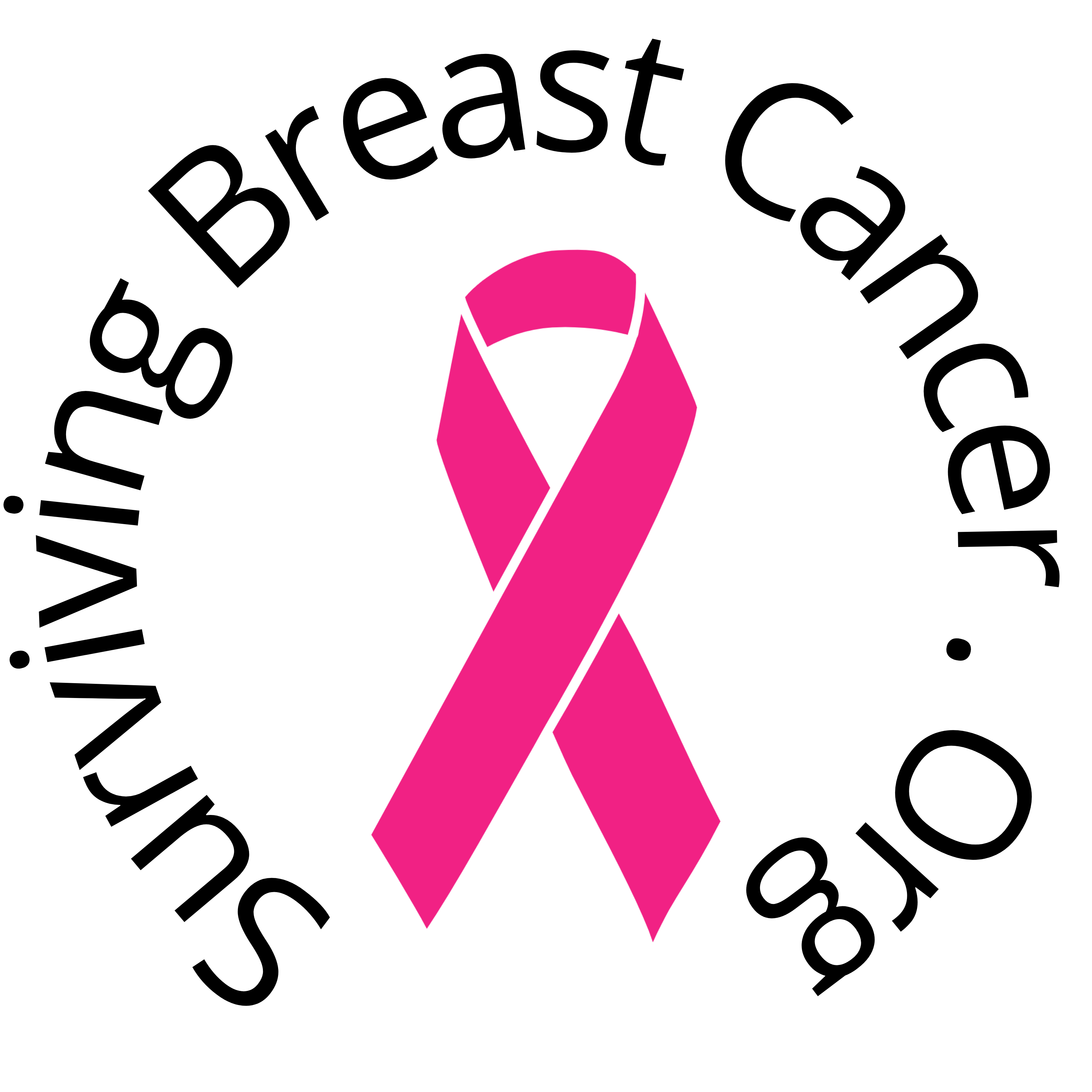- About Us
- Advertise / Support
- Editorial Board
- Contact Us
- CancerNetwork.com
- TargetedOnc.com
- OncLive.com
- OncNursingNews.com
- Terms & Conditions
- Privacy
- Do Not Sell My Information
- Washington My Health My Data
© 2025 MJH Life Sciences™ and CURE - Oncology & Cancer News for Patients & Caregivers. All rights reserved.
After Your Breast Cancer Diagnosis: Planning Your Next Steps
Press Release
Understanding how deeply a breast cancer diagnosis can affect both your body and spirit is key.
Understanding how deeply a breast cancer diagnosis can affect both your body and spirit is key to helping you on your path to healing. Dr. Heather Richardson, a dedicated breast cancer surgeon, has spent her career supporting women through this challenging experience. Here, she offers insights to help you confidently navigate your treatment options and the reassurance that you’re not alone on this journey.
Receiving a Breast Cancer Diagnosis: Understanding Your Emotions
The moment you hear the words “breast cancer,” your world may feel as though it’s been turned upside down. It’s natural to experience a whirlwind of emotions—shock, fear, anger, confusion. These feelings are entirely normal, and giving yourself the space and time to process them is important.
During this initial stage, leaning on your support system can be helpful. Whether it’s a close friend, family member, or therapist, talking about your emotions can provide some relief. It’s okay not to have all the answers right away.
Educating Yourself: Understanding Your Diagnosis
Knowledge is power. Understanding your specific diagnosis can help you feel more in control and better prepared to make informed decisions about your treatment.
Your healthcare team will provide you with information about your type of breast cancer, including its stage, grade, hormone receptor status, and HER2 status. These terms can be confusing at first, but they are crucial for determining the most effective treatment plan. Don’t hesitate to ask your doctors to explain anything you don’t understand. It’s essential to get the clarity you need to make informed decisions.
Preparing for Your Oncology Appointment: Questions to Ask
Your first oncology appointment is an important step in your treatment journey. Being prepared with questions can help you make the most of this time with your doctor. Here are some questions to consider:
What type and stage of breast cancer do I have? Understanding your specific diagnosis is the foundation of your treatment plan.
What are my treatment options? Each case is unique, and your doctor will outline the best treatment paths available to you.
What are the potential side effects of each treatment? Being aware of side effects can help you prepare for and manage them effectively.
Are there any clinical trials available to me? Clinical trials can provide access to cutting-edge treatments that might not be widely available.
Taking notes during your appointment or bringing someone with you to help absorb the information can be very helpful. This way, you can review everything discussed later when you’re in a calmer state of mind.
Related Content:




